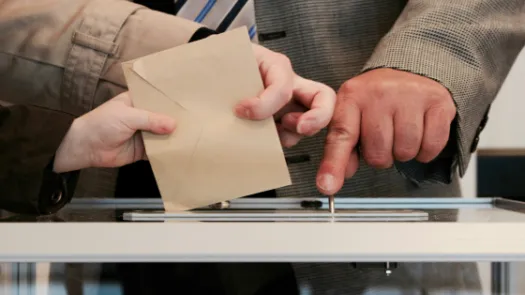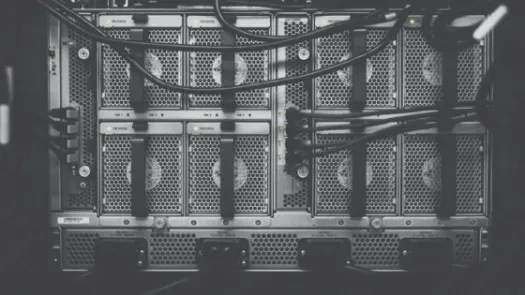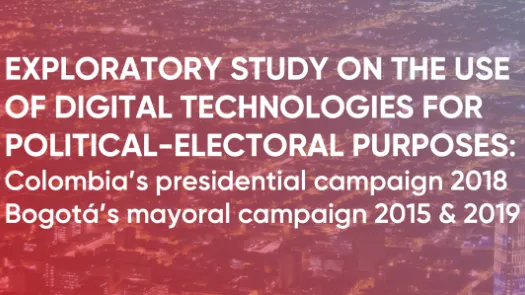Counting every vote: Technology and voter data in Latin American elections
Links
Guest's publications
- PI's technology, data and elections checklist
- Transparencia Electoral's report
- Transparencia's index on data protection in LatAm elections
- R3D's report: Censura electoral




